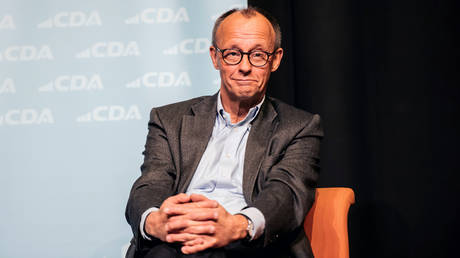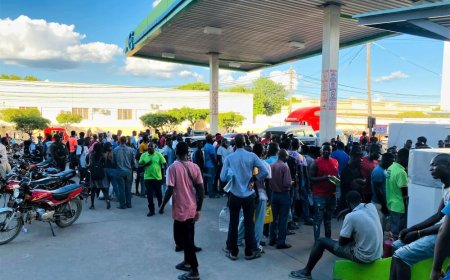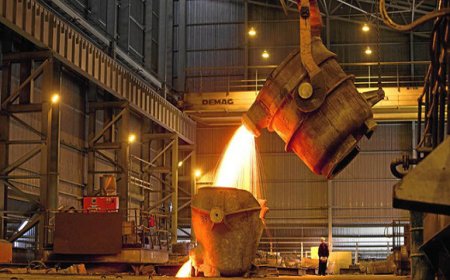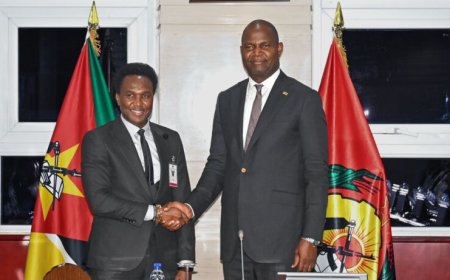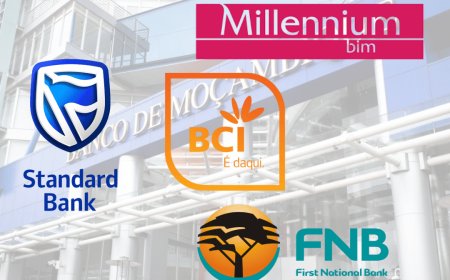CAD does not "provoke" Frelimo or Renamo but poses a serious threat to MDM
Political scientists, civil society, and documentary analyses converge on the idea that the approval of the Democratic Alliance Coalition (CAD) and its presidential candidate, Venâncio Mondlane, for the upcoming elections, is far from being a threat to Frelimo and Renamo, given the consolidation of their voter bases over time.
However, in contrast, the Democratic Movement of Mozambique (MDM), given its current condition marked by internal challenges, finds itself in a vulnerable position to the CAD hurricane, potentially being relegated to an uncomfortable position in the political chessboard in the October 9 elections.
Investigations conducted by TORRE.News with various sources reveal a common denominator: despite the momentum and irreverence of CAD and its presidential candidate, it is unlikely that they will dislodge Frelimo from power or Renamo from being the second most voted party. Instead, it is most likely that they will push MDM into a politically risky position.
According to Délcio Alfazema, a political analyst affiliated with the Institute for Multiparty Democracy (IMD), there is no doubt that among the three political forces with parliamentary representation, at least one will be at risk if CAD manages to have its candidacy approved nationwide.
For Alfazema, the party at risk is the one with the least momentum, clearly alluding to MDM, though noting that CAD itself must overcome internal organizational challenges to engage the electorate effectively.
“MDM is on the edge, it is in a risky position, it has a stronghold in the city of Beira, but it could be pressured by CAD,” he noted.
Political scientist Helder Cuna highlights Frelimo's political maturity and strength as a balancing factor in the fight for power in Mozambique, despite some internal disagreements typical of a party of that size.
He points out that Renamo, even with successive leadership crises, is the opposition party best positioned to consolidate its status as the second main political force in the country.
He believes that the composition of the electoral administration bodies by these two political formations is a comparative advantage in itself.
“The fight will be for the third position, and that’s where MDM appears vulnerable, given its current situation of a markedly weakened performance, both due to the death of its mentor, David Simango, and the less rigorous management of internal cadres,” he said.
According to Sérgio Chichava from IESE, in a document analyzing MDM’s performance in recent elections, the party has faced successive crises since its inception, with one of the first and most visible crises occurring in 2011 when Ismael Mussá, then secretary-general, resigned citing authoritarian management by Daviz Simango and the party’s capture by his family.
Chichava notes that the crisis within MDM worsened in Nampula in 2016 when the then local mayor, Mamudo Amurane, clashed with Daviz Simango, accusing him of dictatorial management of the party and attempts of “political lynching.”
“In the midst of this tension, Amurane was assassinated under still unclear circumstances, and to this day, the party continues on a path of political corrosion,” he points out.
Despite Venâncio Mondlane assuring TORRE.News that his and his coalition’s struggle is for the conquest of power, the mere fact that his name is listed as number one (1) for CAD in the Assembly of the Republic for the city of Maputo indicates caution, admitting that real chances may lie in the Mozambican parliament.
It should be noted that the ongoing political distrust in Mozambique, which favored the creation of electoral administration bodies based on a party structure proportionate to representation, still reveals several weaknesses.
The perception is that this has been a factor hindering the realization of genuinely “free, fair, and transparent” elections, combined with the constant revision of electoral legislation always close to election time.
This evident scenario compelled the Constitutional Council (CC), a tribunal specialized in electoral matters, in its deliberative rulings, to advise the political power on the need for the professionalization of bodies as a way to avoid conflicts and instability.




